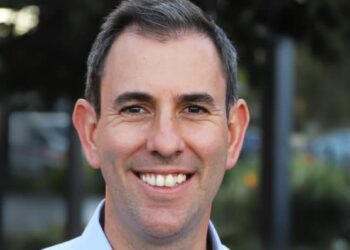A decision handed down by the AAT in mid-April involves an applicant who was a director of a company from January 1985 to August 2010. The company was the trustee of a superannuation fund.
In December 2009, the applicant pleaded guilty to publishing a false statement for a financial advantage under section 178BB of the Crimes Act 1900 (NSW) and was convicted of the offence in 2010.
As a result of the conviction, the applicant was a disqualified person under the SIS Act. There is a 14-day timeframe in which to apply for a waiver.
In May 2012, the AAT commissioner received an application for a waiver of disqualified status from the applicant. The AAT decided there were no exceptional circumstances to allow the application for a waiver to be made outside of the 14-day timeframe.
The AAT stated the applicant’s arguments included that he had relied on professional advice from an accountant, who “at no relevant point” advised the applicant on the 14-day limitation with respect to applying for a waiver.
“This decision is sending a shiver through to [the industry]. If you’ve got any clients convicted of dishonesty, you have to get your skates on straight away. Get your application in to get waiver or else forever hold your peace,” DBA Lawyers director Daniel Butler told SMSF Adviser.
Mr Butler also said this decision serves as a reminder to the industry about the importance of the disqualified persons provisions in the SIS Act, which he said some advisers are “completely ignorant of.”
“The SISA prohibits certain ‘disqualified’ persons from acting as trustees of SMSFs. We consider an individual who has been convicted of an offence involving dishonest conduct is therefore disqualified from being a trustee of an SMSF under s.120 [of the] SISA,” Mr Butler said in a journal article for Taxation in Australia.
“This prohibition also precludes such individuals from acting as directors of corporate trustees of SMSFs,” he said.
“The term ‘dishonest’ is not defined in the SISA and therefore takes on its ordinary meaning. The Criminal Code Act 1995 provides an interpretation, albeit in a different context, defining dishonesty by reference to the ‘standards of ordinary people’.”
Mr Butler said being caught on public transport without a valid ticket could potentially result in a person being precluded from becoming an SMSF member, where the guilt was conditional on intent to take public transport without a ticket.
It is therefore important that SMSF practitioners question their clients upon set-up of an SMSF, and at regular intervals, about their history of previous offences, Mr Butler said.


